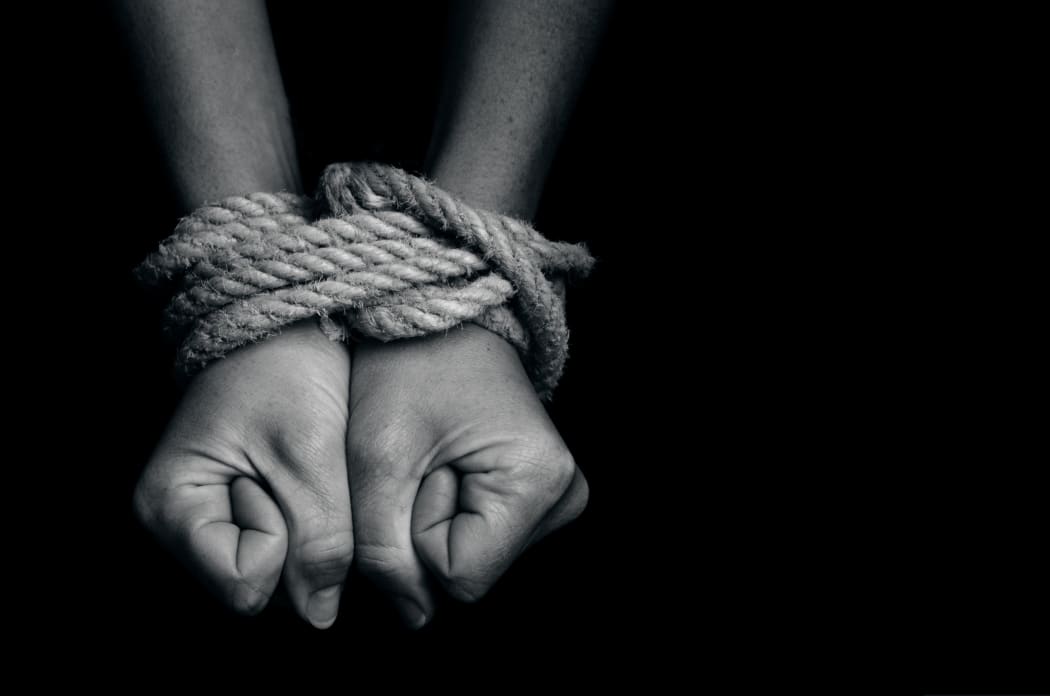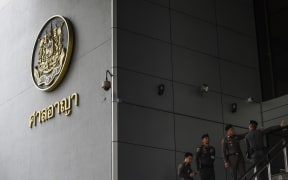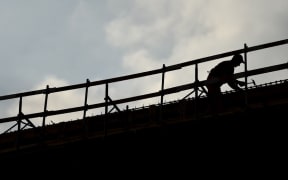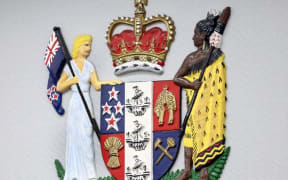Authorities are looking overseas for answers as they acknowledge human trafficking and exploitation are starting to become a much larger problem in New Zealand.

Photo: Copyright: rafaelbenari / 123RF Stock Photo
It's estimated that nearly 46 million people are living in conditions of slavery worldwide, nearly two thirds of the total in the Asia-Pacific region.
Trafficking, slavery and forced labour are also among the top three most profitable illegal enterprises - amounting to $US150 billion a year.
The Anglican church is co-hosting a conference with the government on the issue and said churches were increasingly becoming the first point of solace for victims.
Just last year a US report found New Zealand was a destination country for trafficked people, some of whom were exploited by employers and recruitment companies and forced into labour.
Labour Inspectorate general manager George Mason said worker exploitation was starting to become more common in New Zealand.
"It's important that the government's able to come together with business, with civil society, [and] with NGOs to deal with a problem which is actually manifesting in New Zealand whether we like to acknowledge that or not."
The most recent case was an Labour Inspectorate investigation that found at least half of Bay of Plenty kiwifruit contractors who had been audited failed to provide employment contracts or pay the minimum wage.
Employees in the hospitality and dairy farming industries have also been fined this year for breaches of employment rights, many involving migrant workers.
New Zealand also experienced its first human-trafficking conviction late last year where a man was found guilty of helping 16 Fijian workers enter the country illegally and not paying workers the minimum wage.
However it was hard to quantify how large the problem was, Mr Mason said.
"It's revealing itself through the work of the Labour Inspectorate and the industry itself is doing. We're only now getting our heads around the fact that it is here and we do have to deal with it.
"It's increasingly evident that in particular pockets it can be substantial, it's not really possible to put numbers around it, but it is definitely a problem that we have to address."
The British organisation Unseen played a major part in drafting and promoting the UK Modern Slavery Act that was introduced a few years ago.
Director Justine Currell said that's been an important step in her country's fight against trafficking and exploitation.
"What's important is to provide a real focus in terms of what we're talking about. So yes, there is legislation that New Zealand has already, but I think what we've found in the UK, by pulling all that legislation together, by calling it what it is, we've actually brought that focus."
Immigration Minister Michael Woodhouse said the law in the United Kingdom meant organisations were legally required to show they had policies in place to prevent exploitation.
"I'd like to watch and see how it goes in the next year or two before taking any firm steps. I'm satisfied we've got a good number of things to prevent and prosecute exploitation already."







